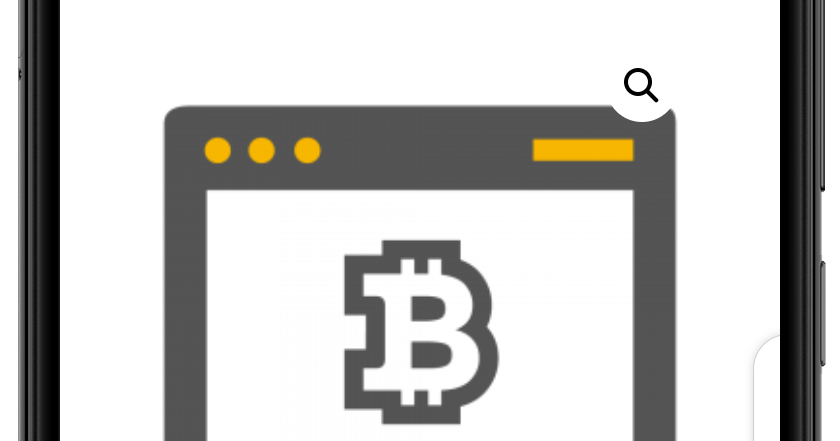In the ever-evolving landscape of electronic digital currencies, Bitcoin appears as a leader, revolutionizing financial deals and investments. Even so, with its soaring recognition, the realm associated with Bitcoin has furthermore attracted nefarious famous actors seeking to use unsuspecting users. One particular threat is typically the proliferation of bogus Bitcoin transactions caused by a various equipment and software. In this article, many of us look into the planet of fake Bitcoin senders, exploring their very own methods, consequences, and even ways to stay protected.
 Understanding Imitation Bitcoin Transactions
Understanding Imitation Bitcoin Transactions
Imitation Bitcoin transactions send to deceitful attempts to transfer non-existent or unauthorized Bitcoins to unsuspecting people. These transactions are often executed employing specialized software or tools designed in order to manipulate blockchain records, creating the illusion of legitimate transfers.
Tools of Deception
1. Fake Bitcoin Fernsehanstalt Software:
This software is crafted to be able to mimic the functionality involving legitimate Bitcoin wallets and handbags or transaction platforms. It allows perpetrators to initiate purchases that appear genuine but lack typically the requisite validation on the blockchain.
2 Flash Bitcoin Tv-sender Tools:
Flash Bitcoin sender tools exploit vulnerabilities in blockchain networks to create temporary or non-permanent transactions. These dealings may briefly appear as valid yet ultimately fail to secure confirmation, manifestation them void.
3. Fake Bitcoin Electrical generator Software:
Fake Bitcoin generator software statements to create Bitcoin out of slim air, promising users a quick and even effortless route in order to wealth. However, these tools tend to be hoaxes, generating fake purchase records with no genuine transfer valuable.
Dangers and Outcomes
Monetary Loss:
Victims of fake Bitcoin deals face the quick likelihood of financial damage, as funds transmitted during these transactions will be typically irrecoverable. When a transaction is initiated, reversing it is exceedingly difficult, otherwise impossible.
Legal Implications:
Engaging in or perhaps facilitating fake Bitcoin transactions may uncover visitors to legal consequences, including charges regarding fraud, theft, or even money laundering. Specialists worldwide are significantly vigilant in prosecuting such activities to safeguard the integrity regarding financial systems.
Status Damage:
For organizations or individuals suggested as a factor in fake Bitcoin transactions, the damage to their reputation can be serious and enduring. Trust and credibility, once tarnished, are challenging to restore, potentially major to long-term effects for professional in addition to personal relationships.
Protecting Against Fake Bitcoin Deals
Education and Attention:
Staying informed about the risks associated using Bitcoin transactions will be paramount. Users should familiarize themselves along with the characteristics of genuine transactions in addition to exercise caution whenever engaging in financial transactions involving Bitcoin.
Verification Processes:
Prioritize verification mechanisms proposed by reputable cryptocurrency swaps or platforms. Validating the legitimacy involving transactions through numerous sources can reduce the risk involving falling victim to fake Bitcoin plans.
Secure Wallet Managing:
Utilize secure Bitcoin wallets with solid authentication measures to safeguard your electronic assets. Implementing multi-factor authentication and on a regular basis updating security practices can fortify defense against unauthorized access or fraudulent purchases.
Decoding the Lingo:
• Fake Bitcoin Electrical generator: These tools aren’t generate real Bitcoin. Some may produce the random string of characters that appears like a Bitcoin tackle, but it won’t hold any value.
• Fake BTC Transaction: A transaction that doesn’t exist on the particular real blockchain. Is actually essentially a fake record with zero bearing on reality.
• Fake Unconfirmed Bitcoins Transactions: Unconfirmed deals are real purchases waiting for verification on the blockchain. « Fake unconfirmed » is definitely a misleading term used to deceive.
• Bitcoin Sender: A legitimate tool or service to send real Bitcoin between wallets.
Safeguarding Yourself:
• Guard Your own Private Keys: These are generally like the account details to the Bitcoin. By no means share them using untrusted sources.
• Do Your Research: Just before using any Bitcoin sender service, confirm its legitimacy coming from trusted sources in addition to reviews.
• Be Skeptical: If something appears too good to become true in typically the world of cryptocurrency, it probably is usually. Don’t fall regarding promises of prompt wealth.
While Bitcoin presents unprecedented opportunities for innovation and even financial empowerment, typically the prevalence of fake Bitcoin transactions highlights the importance associated with vigilance and thanks diligence. By knowing the methods employed by perpetrators and implementing proactive measures against fraudulent activities, users can navigate the cryptocurrency landscape confidently and security. Since the digital economy continues to evolve, staying informed and adaptive remains to be the most powerful defense against growing threats.